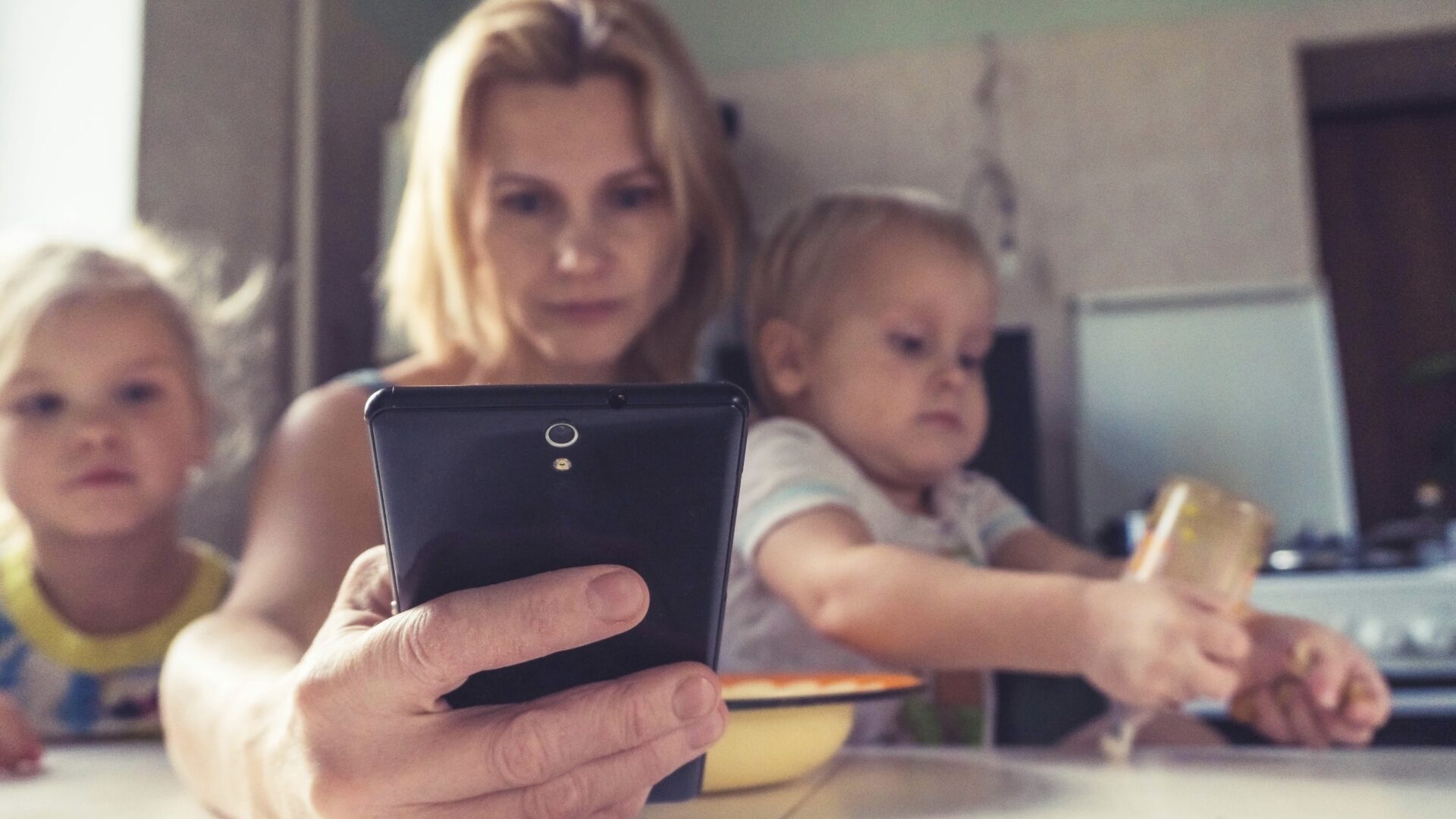
Would You Let AI Diagnose Your Child?
By Movieguide® Contributor
Do parents trust AI more than medical professionals when it comes to their kids’ health? A recent study suggests that might be the case.
The study, conducted by the University of Kansas Life Span Institute, found that parents believe “AI is capable of impacting behavioral intentions for medication, sleep and diet decision-making.”
Over 100 parents ages 18-65 participated in the study and were given “health-related texts about children.” They were then told to decide whether it was written by a real doctor or ChatGPT.
“Participants found minimal distinctions between vignettes written by experts and those generated by prompt-engineered ChatGPT,” said Calissa Leslie-Miller, a doctoral student in clinical child psychology and lead author of the study. “When vignettes were statistically significantly different, ChatGPT was rated as more trustworthy, accurate, and reliable.”
“I can understand why [parents], not knowing the source, would prefer the wording of AI,” said Dr. Mordechai Raskas, chief medical information officer and director of telemedicine at PM Pediatric Care. “Think of AI as the ultimate salesperson; it knows exactly what to say to win you over.”
However, parents should be cautious about relying on the information generated by AI.
“During the study, some early iterations of the AI output contained incorrect information. This is concerning because, as we know, AI tools like ChatGPT are prone to ‘hallucinations’ — errors that occur when the system lacks sufficient context,” Leslie-Miller explained. “In child health, where the consequences can be significant, it’s crucial that we address this issue. We’re concerned that people may increasingly rely on AI for health advice without proper expert oversight.”
While AI-generated text can sound reliable, experts advise parents to seek the guidance of their child’s healthcare provider for further treatment.
“This can be risky, especially if the information could impact a child’s health,” Jim Boswell, the president, and CEO at OnPoint Healthcare Partners, said. “Knowing that a piece of content is AI-generated helps parents [know] that they should seek verification, ideally from a health care provider or validated medical resource, before making health decisions.”
READ MORE: ARTIFICIAL INTELLIGENCE ‘DOES MORE HARM THAN GOOD’ IN THE CLASSROOM
Questions or comments? Please write to us here.


 - Content:
- Content: 

 – Content:
– Content: 